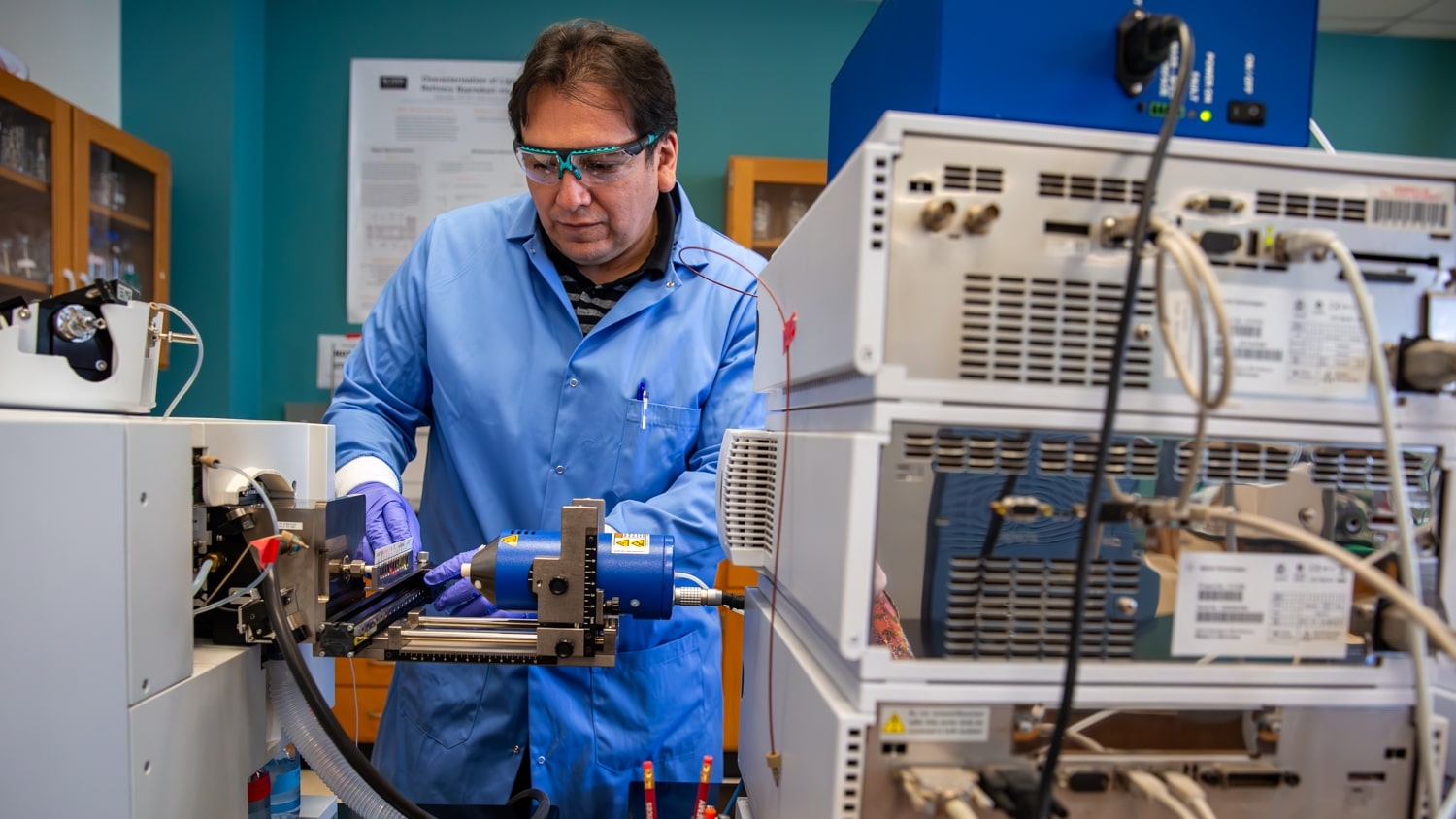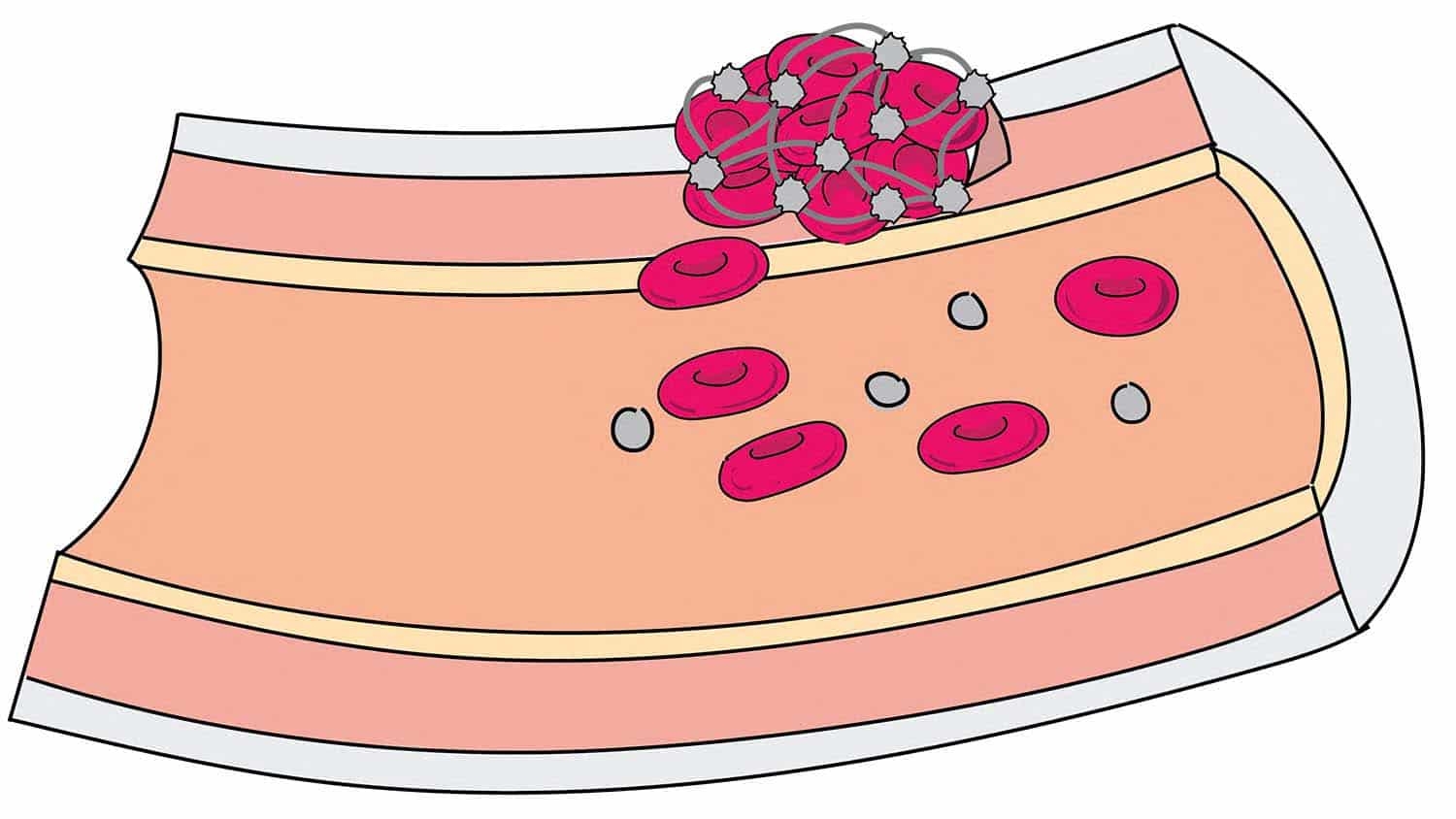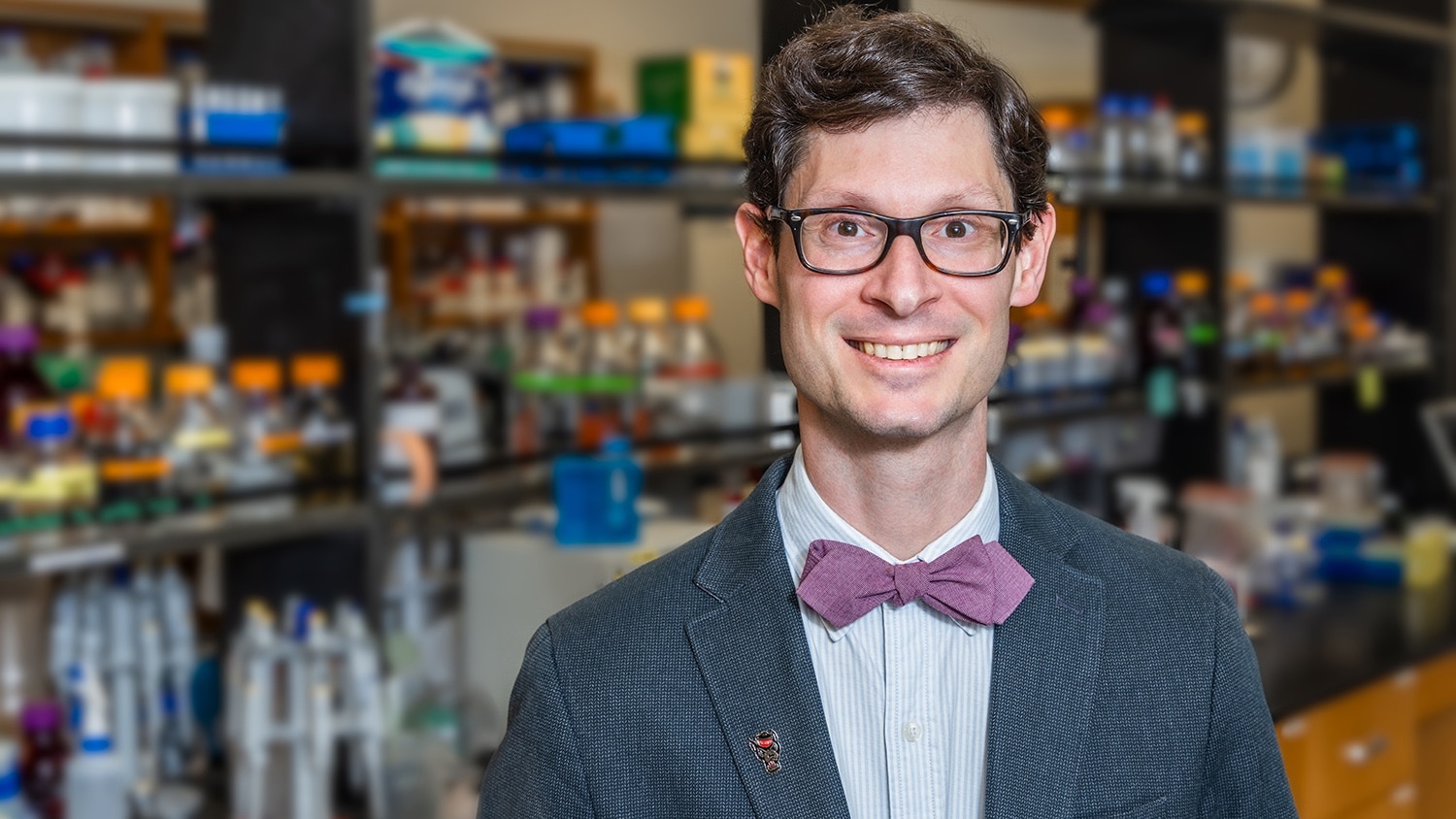North Carolina Solar Center receives Southeast Diesel Collaborative Leadership Award
— Recognized for exemplary projects in emissions reductions in N.C. counties
(Raleigh, N.C. – June 2, 2010) – The U.S. Environmental Protection Agency (EPA) Acting Air, Pesticides, Toxics Management Division Director Ken Lapierre, on behalf of the Southeast Diesel Collaborative (SEDC), presented the North Carolina Solar Center at North Carolina State University with the Leadership Award at the Mobilizing North Carolina Conference in Raleigh, N.C on May 26, 2010. This is the second year the SEDC Leadership Council has presented the Leadership Award to recognize exemplary projects in emissions reductions throughout southeast.
“EPA is proud to recognize the efforts of the North Carolina Solar Center to improve air quality and protect public health,” said Ken Lapierre. “Emissions from diesel engines are a serious public health threat and environmental challenge, reducing these emissions is a priority for EPA.”
The Center was recognized for demonstrating exemplary leadership through the implementation of a sub-award program through the Clean Fuel Advanced Technology (CFAT) Project to reduce transportation-related emissions. With $1.6 million, the N.C. Solar Center was able to fund 17 out of 30 diesel emission reduction projects, and provide education and outreach across the state. The project results include:
11 refueling stations (biodiesel, ethanol and natural gas)
5 HD hybrid electric vehicles
72 Diesel retrofits
24 Truck stop electrification
“We are proud to be the recipient of the 2010 SEDC Leadership Award. The Clean Transportation team at the N.C. Solar Center strives to collaborate with businesses, government and non-profits within North Carolina to improve air quality through diesel emissions reduction technologies and practices,” said Anne Tazewell, Program Manager.
More than 30 percent of North Carolinians live in counties that have unhealthy air and transportation-related emissions are a primary contributor to the state’s air quality problem. The CFAT program has funded projects that reduce 2 Million kg of CO2 per year, equivalent to taking 273 Hummers off of the road.
Project partners include: Triangle Transit, Piedmont Biofuels, Charlotte Airport, Rowan County School District, Mecklenburg County Parks and Recreation, Metrolina, Piedmont Biofuels and Piedmont Natural Gas, Cities of Monroe, Greensboro and Gastonia, Duke Energy, Smoky Mountain National Park and Friends of Great Smoky Mountain National Park, Progress Energy and World Energy.
About the North Carolina Solar Center
Created in 1988, the North Carolina Solar Center, as part of the College of Engineering at North Carolina State University (NCSU), works closely with state and local government and the renewable energy industry. It manages and maintains the NCSU Solar House and serves as a clearinghouse for innovative, green energy technologies through research and demonstration, technical assistance, education, outreach and training. For more information please visit: http://www.ncsc.ncsu.edu.
About the Southeast Diesel Collaborative
The Southeast Diesel Collaborative is a partnership composed of leaders from federal, state and local government, the private sector and other stakeholders in Alabama, Florida, Georgia, Kentucky, Mississippi, North Carolina, South Carolina and Tennessee. The goal of the collaborative is to improve air quality by encouraging the use of clean, renewable energy and by reducing diesel emissions from existing engines and equipment from the agriculture, heavy construction and on-road sectors. The Southeast Diesel Collaborative is part of EPA’s National Clean Diesel Campaign, a program combining regulatory measures with voluntary initiatives to reduce the pollution emitted from diesel engines across the country.
- Categories:


